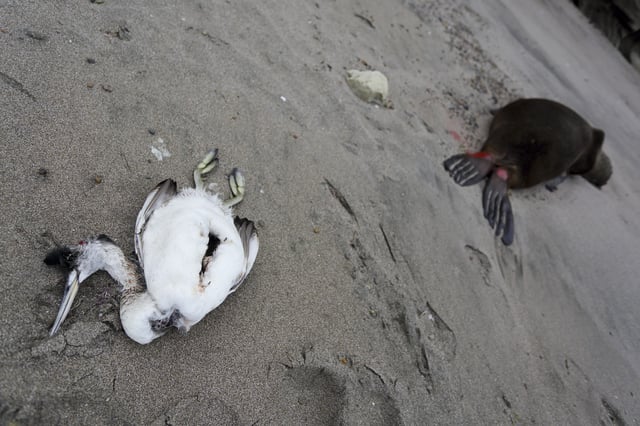Overview
- A study found that small quantities of H5N1 bird flu virus survived pasteurization in lab conditions.
- The US FDA maintains that commercial pasteurization processes are effective and milk remains safe to consume.
- Raw milk advocates clash with health officials over the safety and benefits of unpasteurized milk.
- Scientists are investigating why H5N1 affects some animals severely while sparing others.
- US health officials are preparing vaccines and monitoring the virus's potential to mutate and spread among humans.



